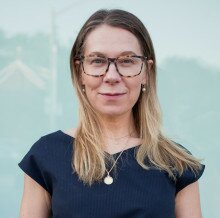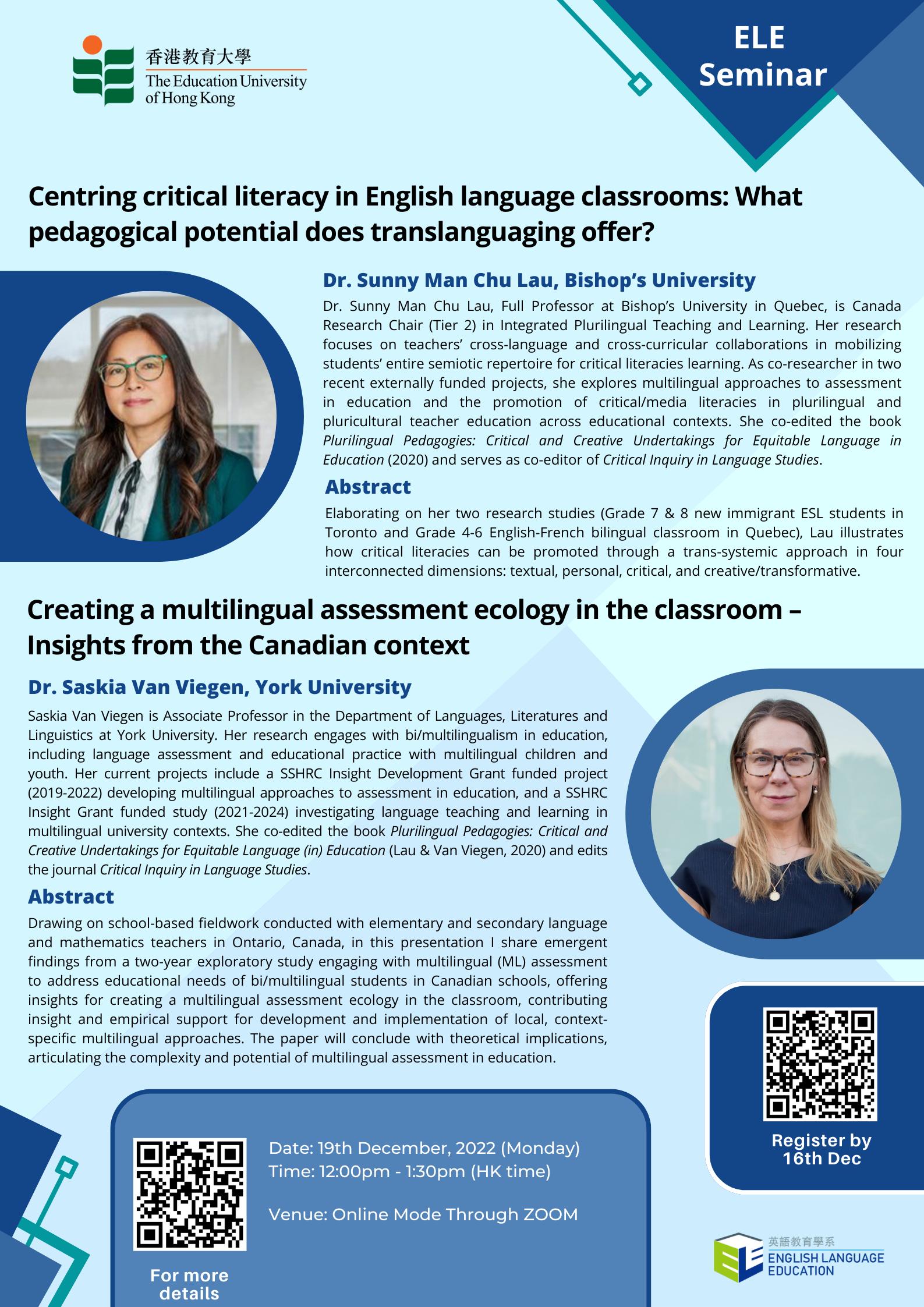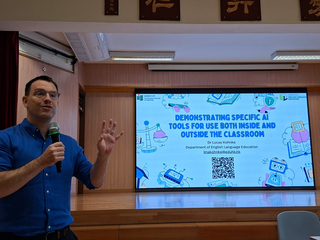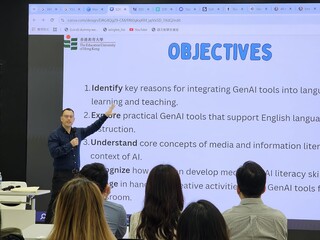ELE Seminar
- 19 Dec, 2022 | 12:00 pm to 1:30 pm
- Online Via Zoom
- Seminar
- English
- Dr. Sunny Man Chu Lau & Dr. Saskia Van Viegen
- Department of English Language Education

Dr. Sunny Man Chu Lau
Title: Centring critical literacy in English language classrooms: What pedagogical potential does translanguaging offer?
About the Speaker
Dr. Sunny Man Chu Lau, Full Professor at Bishop’s University in Quebec, is Canada Research Chair (Tier 2) in Integrated Plurilingual Teaching and Learning. Her research focuses on teachers’ cross-language and cross-curricular collaborations in mobilizing students’ entire semiotic repertoire for critical literacies learning. As co-researcher in two recent externally funded projects, she explores multilingual approaches to assessment in education and the promotion of critical/media literacies in plurilingual and pluricultural teacher education across educational contexts. She co-edited the book Plurilingual Pedagogies: Critical and Creative Undertakings for Equitable Language in Education (2020) and serves as co-editor of Critical Inquiry in Language Studies.
Abstract
Translanguaging (Li, 2018) underscores the interdependence of linguistic and other semiotic resources as an integrated communicative repertoire for knowledge construction. Language is learned and used in conjunction with other modalities through processes of resemiotisation (Iedema, 2003) or trans-semiotisation ((Wu & Lin, 2019) where meaning is made and remade across modes. A trans-systemic approach that leverages second language learners’ multilingual, multimodal, and multisensory resources can foster their full agentive participation and more critical engagements for multiple ways of knowing, thinking, feeling, and doing (Janks, 2020). Elaborating on her two research studies (Grade 7 & 8 new immigrant ESL students in Toronto and Grade 4-6 English-French bilingual classroom in Quebec), Lau illustrates how critical literacies can be promoted through a trans-systemic approach in four interconnected dimensions: textual, personal, critical, and creative/transformative.
References
Janks, H. (2020). Critical literacy in action: Difference as a force for positive change. Journal of Adolescent & Adult Literacy, 63(5), 569-572. https://doi.org/10.1002/jaal.1035
Li, W. (2018). Translanguaging as a practical theory of language. Applied Linguistics, 39(1), 9-30. https://doi.org/10.1093/applin/amx039
Wu, Y., & Lin, A. M. Y. (2019). Translanguaging and trans-semiotising in a CLIL biology class in Hong Kong: whole-body sense-making in the flow of knowledge co-making. Classroom Discourse, 10(3-4), 252-273. https://doi.org/10.1080/19463014.2019.1629322

Dr. Saskia Van Viegen
Title: Creating a multilingual assessment ecology in the classroom – Insights from the Canadian context
About the Speaker
Saskia Van Viegen is Associate Professor in the Department of Languages, Literatures and Linguistics at York University. Her research engages with bi/multilingualism in education, including language assessment and educational practice with multilingual children and youth. Her current projects include a SSHRC Insight Development Grant funded project (2019-2022) developing multilingual approaches to assessment in education, and a SSHRC Insight Grant funded study (2021-2024) investigating language teaching and learning in multilingual university contexts. She co-edited the book Plurilingual Pedagogies: Critical and Creative Undertakings for Equitable Language (in) Education (Lau & Van Viegen, 2020) and edits the journal Critical Inquiry in Language Studies.
Abstract
Supporting bi/multilingual students to achieve their learning goals, teachers often want to know how to build an equitable, engaged, and inspired assessment practice. Interest multilingual (ML) assessment is an emerging area of inquiry in language assessment and education, particularly among teachers who must use monolingual assessments while addressing bi/multilingual students’ needs (Arias & Schissel, 2021; De Backer, Van Avermaet, & Slembrouck, 2017; Heugh, Prinsloo, Makgamatha, Diedericks, & Winnaar, 2017; Shohamy, Tannenbaum, & Gani, 2022). Drawing on school-based fieldwork conducted with elementary and secondary language and mathematics teachers in Ontario, Canada, in this presentation I share emergent findings from a two-year exploratory study engaging with multilingual (ML) assessment to address educational needs of bi/multilingual students in Canadian schools, offering insights for creating a multilingual assessment ecology in the classroom, contributing insight and empirical support for development and implementation of local, context-specific multilingual approaches. The paper will conclude with theoretical implications, articulating the complexity and potential of multilingual assessment in education.
References
Arias, A., & Schissel, J. (2021). How are multilingual communities of practice being considered in language assessment? A language ecology approach. Journal of Multilingual Theories and Practices, 2(2), 141-153.
De Backer, F., Van Avermaet, P. and Slembrouck, S. (2017). Schools as laboratories for exploring multilingual assessment policies and practices. Language and Education, 31(3), 217–230.
Heugh, K., Prinsloo, C., Makgamatha, M., Diedericks, G. and Winnaar, L. (2017). Multilingualism(s) and system-wide assessment: a southern perspective. Language and Education, 31(3), 197–216. https://doi.org/10.1080/09500782.2016.1261894
Shohamy, E., Tannenbaum, M., & Gani, A. (2022). Bi/multilingual testing for bi/multilingual students: policy, equality, justice, and future challenges. International Journal of Bilingual Education and Bilingualism, 1-15.
Please register by 16th December: https://eduhk.au1.qualtrics.com/jfe/form/SV_87IAIv5FdSJpUdE







